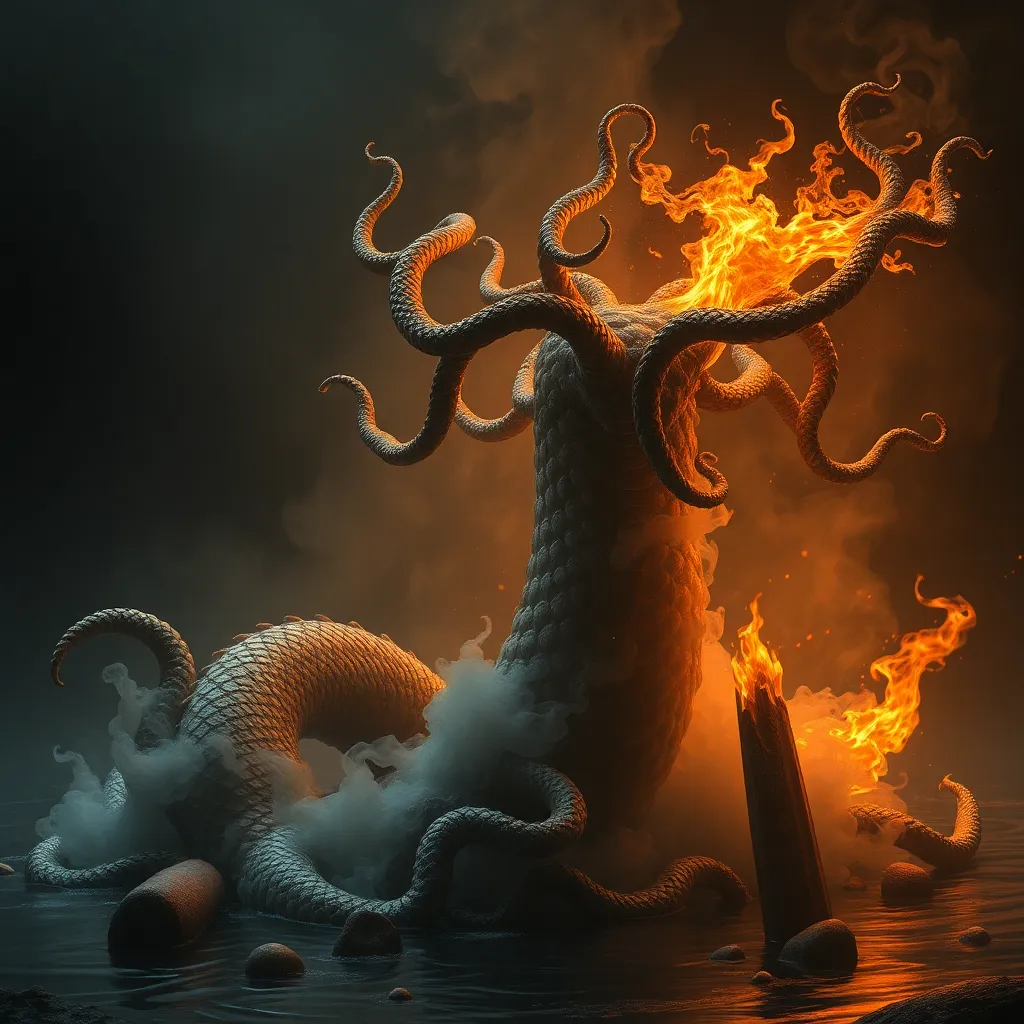Origins of Creation
In Hindu mythology, the origins of the universe are shrouded in mystery and divine power. According to the Rig Veda, the oldest of the Hindu scriptures, the primordial void was filled with a cosmic ocean from which creation emerged. The universe is believed to undergo cycles of creation, destruction, and recreation, each lasting for vast eons.
The Cosmic Egg (Brahmanda)
From the primordial void emerged a golden cosmic egg, the Brahmanda, containing all that is and ever will be. Within the Brahmanda, the creator god Brahma took shape, self-born and resplendent in his divine form. As Brahma emerged, the Brahmanda split into two halves, forming the heavens and the earth, separated by the vast expanse of the sky.
Brahma, the Creator
Brahma, the creator god, is depicted as a four-faced deity with each face facing a different cardinal direction. He is often represented with four arms, holding a lotus flower, a book of knowledge, a rosary, and a water pot. Brahma is believed to have bestowed upon humans the gift of creation and knowledge, inspiring them to pursue art, literature, and philosophy.
The Role of Vishnu and Shiva
Alongside Brahma, the creator, two other deities play crucial roles in the Hindu myth of creation: Vishnu, the preserver, and Shiva, the destroyer. Vishnu is depicted as a benevolent god, often riding on the back of the giant bird Garuda. He is associated with the protection and sustenance of life, and his avatars, such as Rama and Krishna, are revered as saviors of humanity. Shiva, on the other hand, is a complex deity, both benevolent and fearsome. He is known for his role in destroying the universe at the end of each cosmic cycle, paving the way for a new creation.
The Creation of the Devas and Asuras
From the cosmic ocean, Brahma created the devas, the gods of the heavens, and the asuras, the demons. The devas were led by Indra, the king of the gods, while the asuras were led by the powerful demon Bali. The rivalry between the devas and asuras became a central theme in many Hindu myths, representing the eternal struggle between good and evil.
Prakriti and Purusha: The Dual Principles of Creation
According to the Sankhya philosophy, the universe is composed of two fundamental principles: prakriti and purusha. Prakriti represents the material world, the ever-changing and dynamic aspect of existence, while purusha represents the eternal and unchanging consciousness. The interaction between prakriti and purusha gives rise to all forms of creation.
The Doctrine of Maya and the Illusion of Creation
The concept of maya, or illusion, plays a significant role in Hindu mythology. Maya is the veiling power of the material world that obscures the true nature of reality. It is believed that the universe we perceive is merely a projection of our own minds, and that true liberation lies in transcending the limitations of maya and realizing the unity of all existence.
The Mythological Significance of Creation
The creation myth in Hindu mythology is not merely a story of the origins of the universe. It also embodies profound philosophical and spiritual teachings. The cyclical nature of creation reflects the impermanence of all things and the constant interplay between birth, decay, and renewal. The creation myth reminds us of our insignificance in the grand scheme of existence and emphasizes the importance of humility and compassion.
The Influence of the Creation Myth on Hindu Culture and Rituals
The Hindu creation myth has had a profound influence on Hindu culture and rituals. The festivals of Diwali and Holi celebrate the victory of good over evil and the triumph of light over darkness, a theme rooted in the creation myth. The concept of reincarnation and karma, which are central to Hindu belief, are directly related to the cyclical nature of creation. The creation myth continues to inspire Hindu art, literature, and music, serving as a constant reminder of the sacred and mysterious nature of existence.
FAQs
1. Who created the universe in Hindu mythology?
Brahma, the creator god, is believed to have emerged from the cosmic egg and created the universe.
2. What are the different principles involved in Hindu creation?
The creation myth involves several principles, including prakriti (material world), purusha (consciousness), and maya (illusion).
3. Why is the creation myth important in Hinduism?
The creation myth in Hinduism holds profound philosophical and spiritual significance, emphasizing the impermanence of all things and the importance of humility and compassion.
4. How has the creation myth influenced Hindu culture?
The creation myth has deeply influenced Hindu festivals, rituals, art, literature, and music, inspiring themes of good over evil and the sacred nature of existence.


